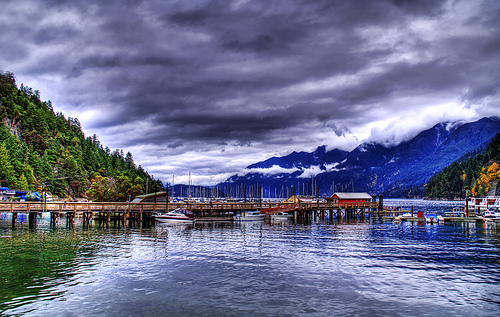"Wallowing in the “Great Dark Lake of Male Rage:" The Masculine Ecology of Don DeLillo's White Noise
Keywords:
Nature, Masculinity, Violence, PostmodernityAbstract
This essay explores Don DeLillo’s White Noise in terms of Jack Gladney’s crisis of masculinity, which is bound up in a longing for the protagonist to return to nature, which figures in the novel as the last bastion of authentic masculinity. As critics of White Noise have clearly established, Jack suffers from a discernible cultural malaise--a sense of profound dislocation in the midst of technological hypermediations of self and reality. I extend this reading of the novel by arguing that this cultural malaise prompts in Jack nostalgia for an imaginary moment when masculine subjectivity was constituted by and through an intimate relation to pre-technological nature. This conception of nature as the site of pristine masculinity, as is indicated by Jack's preoccupation with pre-modern warriors like Attila the Hun and Genghis Kahn, draws on a host of conceptual affiliations between nature and masculinity--immediacy, authenticity, corporeality, essence—that have long been mobilized in the recapitulation of American masculinity. Ironically, the novel enacts Jack’s refusal of a culturally-mediated (even technologically-mediated) sense of self through his reliance on cultural nostalgia for a more “authentic,” more “natural” reality. This nostalgia ultimately incites violence as Jack retreats into essentialist conceptions of masculinity that appear, to the main character at least, as his only defense against the artifice and uncertainty of postmodernity.Downloads
Published
2009-01-07
How to Cite
Hamming, J. (2009). "Wallowing in the “Great Dark Lake of Male Rage:" The Masculine Ecology of Don DeLillo’s White Noise. Journal of Ecocriticism, 1(1), 26–42. Retrieved from https://ojs.unbc.ca/index.php/joe/article/view/38
Issue
Section
Articles

